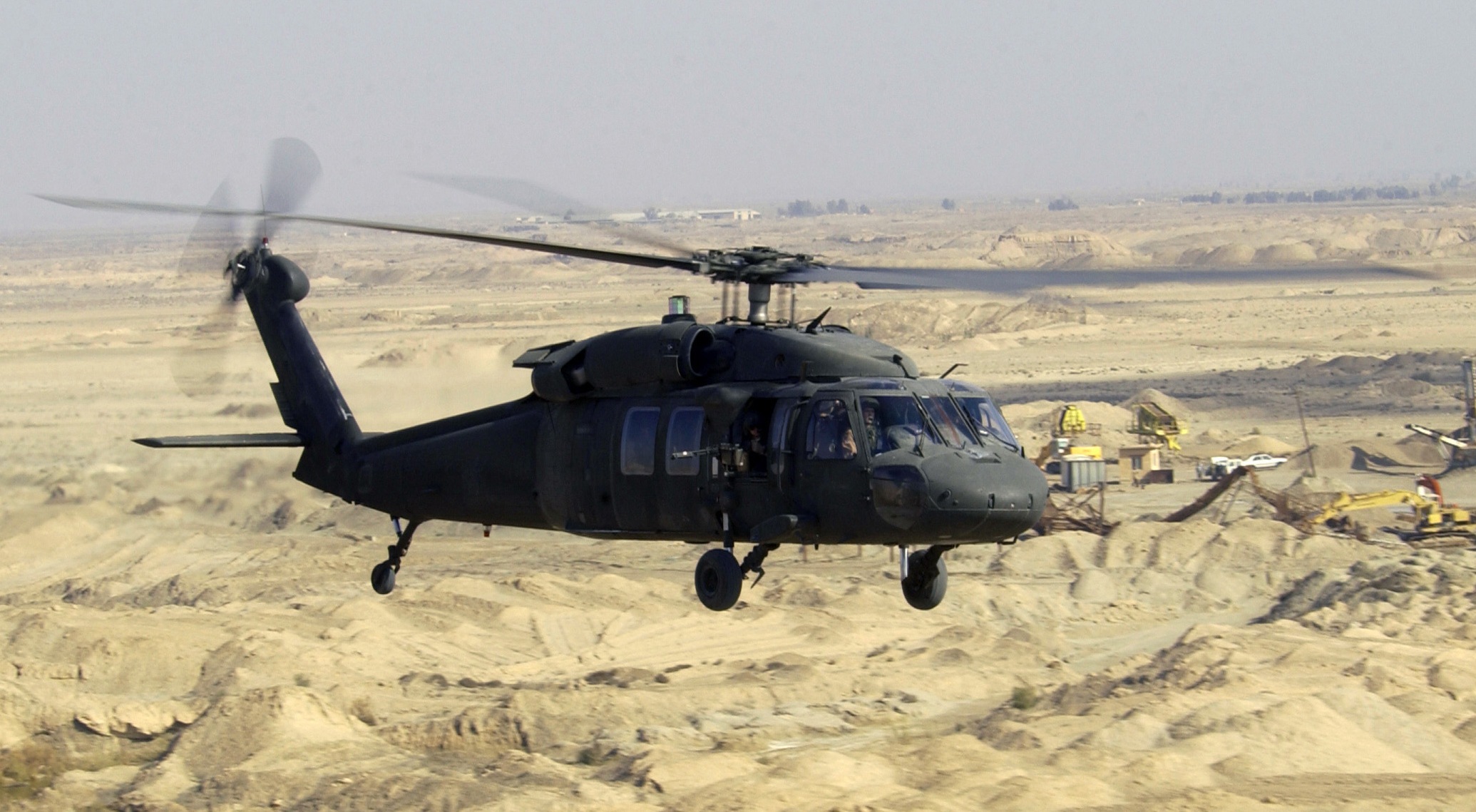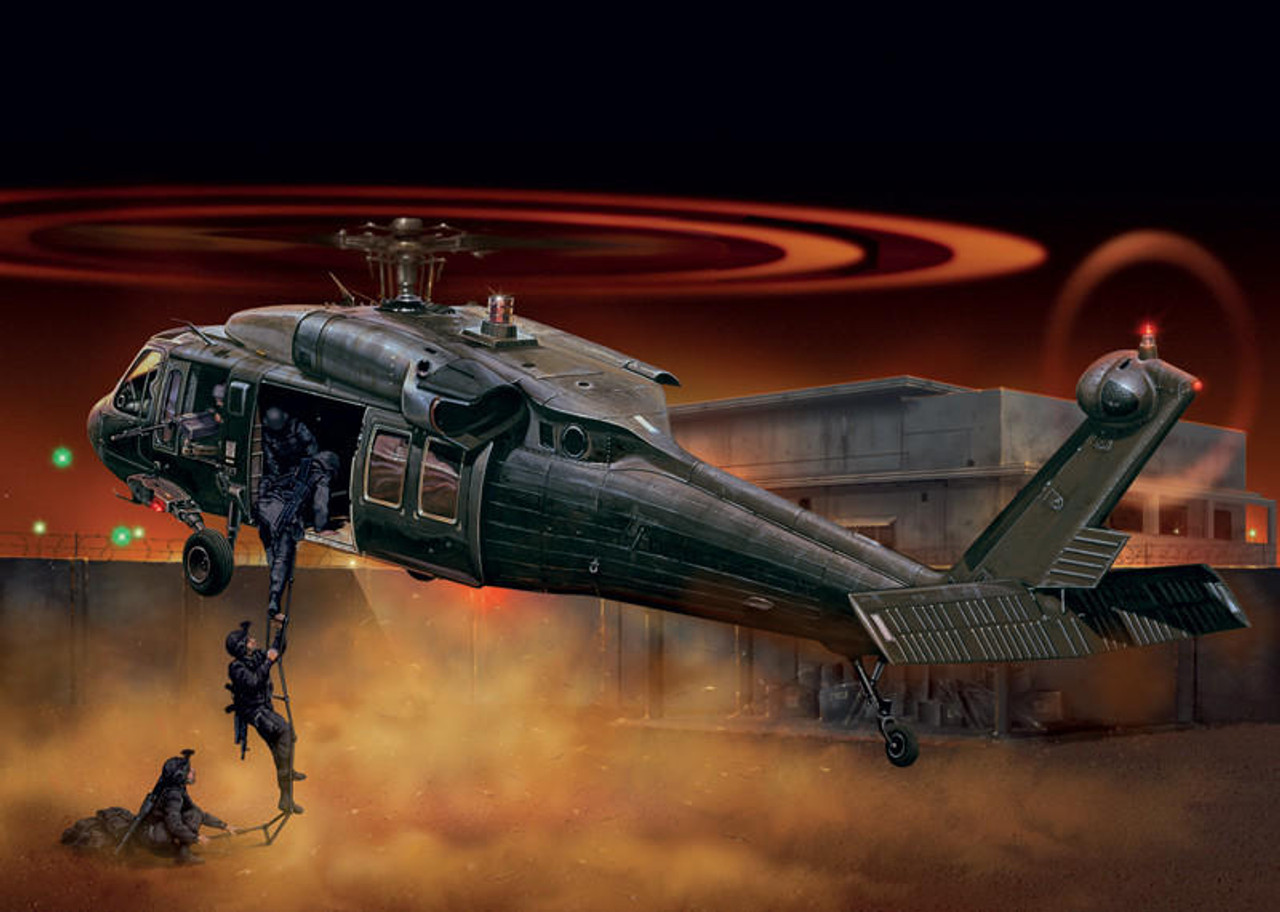Understanding the UH60: The Ultimate Military Helicopter Experience
The UH-60 Black Hawk helicopter stands for a critical advancement in armed forces aviation, incorporating robust engineering with complex functional abilities. Its design accommodates a variety of goals-- from troop transport to clinical evacuation-- showing its adaptability across diverse battle scenarios. As we check out the history, requirements, and technological advancements of the UH-60, it comes to be obvious that its role fit modern military techniques is both substantial and far-ranging. This conversation welcomes a more detailed exam of exactly how this amazing airplane remains to influence modern war characteristics.
Background of the UH-60
Emerging from the requirement for a flexible utility helicopter during the late 1960s, the UH-60 Black Hawk was developed by Sikorsky Airplane Corporation in feedback to the united state Military's demand for a modern-day field of battle transportation helicopter. The style process commenced in 1972, finishing in its first flight in October 1974. The Black Hawk was engineered to change the aging UH-1 Iroquois, likewise called the "Huey," which had been a staple of Army aviation given that the Vietnam War.

Throughout the years, the Black Hawk has actually undertaken various upgrades, maintaining its importance in contemporary armed forces procedures. Its success has brought about the advancement of different variants, offering multiple branches of the U. UH60.S. army and allied forces worldwide, developing the UH-60 as a foundation of army aviation background
Key Attributes and Specifications
The UH-60 Black Hawk is distinguished by its advanced layout and robust requirements, which add to its convenience on the field of battle. This multi-role helicopter includes a twin-engine arrangement, powered by 2 General Electric T700-GE-701C engines, providing an optimal output of 1,800 shaft horse power each. This effective engine arrangement permits the Black Hawk to reach a maximum speed of around 183 knots (211 mph) and a service ceiling of 19,000 feet.
The airplane's composite rotor blades provide remarkable lift and ability to move, while its four-blade primary rotor system boosts stability (UH60). The Black Hawk is equipped with innovative avionics, consisting of a digital cockpit and evening vision abilities, making sure efficient operations in varied problems. Its cabin can suit approximately 11 troops or lug as much as 8,000 extra pounds of freight, making it appropriate for different logistical needs
The UH-60's modular layout permits for very easy maintenance and upgrades, ensuring long life and versatility in advancing army needs. In addition, its innovative survivability features, such as crashworthy seats and shield, improve crew safety and security during missions. In general, the UH-60 Black Hawk stands for a substantial innovation in armed forces aeronautics modern technology.
Operational Duties and Goals
Adaptability is a characteristic of the UH-60 Black Hawk, enabling it to do a vast array of functional roles and objectives across numerous military environments. Mainly developed for army transportation, the Black Hawk can bring up to 11 soldiers and is often utilized in air assault procedures, allowing quick insertion and extraction of ground forces in disputed areas.

Along with troop transportation, the UH-60 is proficient at clinical discharge (MEDEVAC) missions. Furnished with innovative clinical equipment and personnel, it can promptly evacuate wounded soldiers from the battlefield, dramatically boosting survival rates in critical scenarios. The helicopter also plays an essential duty in logistics sustain, delivering materials, ammunition, and tools to forward running bases in ascetic settings.
Additionally, the Black Hawk offers as a system for unique procedures goals, consisting of reconnaissance and direct action. Its capability to operate in various surfaces and its low-flying capabilities make it a necessary asset for systems performing hidden procedures.

Technical Innovations
Technology in aviation modern technology has considerably improved the capacities of the UH-60 Black Hawk, ensuring its relevance in contemporary army procedures. The helicopter is equipped with innovative avionics systems that offer pilots with exceptional situational recognition, consisting of multi-functional screens, enhanced GPS, and innovative terrain understanding systems. These features allow accurate navigating and mission implementation, even in challenging environments.
Moreover, the combination of data systems permits safe and secure and rapid information exchange between units, assisting in coordinated procedures. The UH-60's upgraded rotor systems and composite products contribute to enhanced performance, providing better speed, agility, and minimized maintenance costs.
In addition, developments in weapon systems, such as the capability to release precision-guided munitions, improve the Black Hawk's role in fight scenarios. The helicopter's capability to sustain clinical evacuation missions is likewise strengthened by brand-new clinical devices and innovations, ensuring effective individual treatment in transit.
Finally, ongoing improvements in stealth modern technology and sound decrease mechanisms additionally strengthen the UH-60's effectiveness in hidden operations, permitting it to operate in hostile areas with a lowered possibility of detection. Collectively, these technological developments underscore the Black Hawk's sustaining importance in army air travel.
Influence On Modern Warfare
Improved capabilities of the UH-60 Black Hawk link have actually greatly influenced contemporary warfare approaches and techniques. Its flexibility in troop transport, medevac procedures, and reconnaissance roles has redefined the operational landscape for military pressures. The helicopter's capability to run in diverse settings, from city settings to sturdy surfaces, allows for greater tactical flexibility, enabling leaders to adapt quickly to altering field of battle problems.
The UH-60's advanced avionics and interaction systems improve situational understanding, helping with real-time intelligence sharing and control amongst systems. This ability is critical in contemporary uneven warfare, where rapid decision-making can figure out the result of interactions. The helicopter's ability for fast insertion and removal of unique operations forces has come to be a trademark of contemporary army campaigns, highlighting rate and accuracy.
In Addition, the Black Hawk's integration with unmanned aerial systems and various other advanced modern technologies represents a change towards multi-domain operations. As a result, the UH-60 not only works as an important possession in traditional conflicts but likewise plays a pivotal duty in counterinsurgency and peacekeeping missions, emphasizing its enduring influence on modern-day armed forces doctrine and the advancement of war.
Final Thought
The UH-60 Black Hawk represents a pinnacle of army aviation, identified by its versatility, progressed design, and robust design. Its capacities in troop transportation, medical evacuation, and logistical assistance highlight its crucial duty in modern-day army procedures. Continual technological advancements and improvements have further solidified the Black Hawk's critical significance, enabling fast reaction and versatility in varied fight situations. Eventually, the UH-60 our website stays a vital property, forming the find out here landscape of modern warfare and functional performance.

Development in air travel technology has actually considerably boosted the capacities of the UH-60 Black Hawk, ensuring its relevance in modern armed forces operations.The UH-60 Black Hawk stands for a pinnacle of armed forces aviation, identified by its versatility, progressed engineering, and durable style.